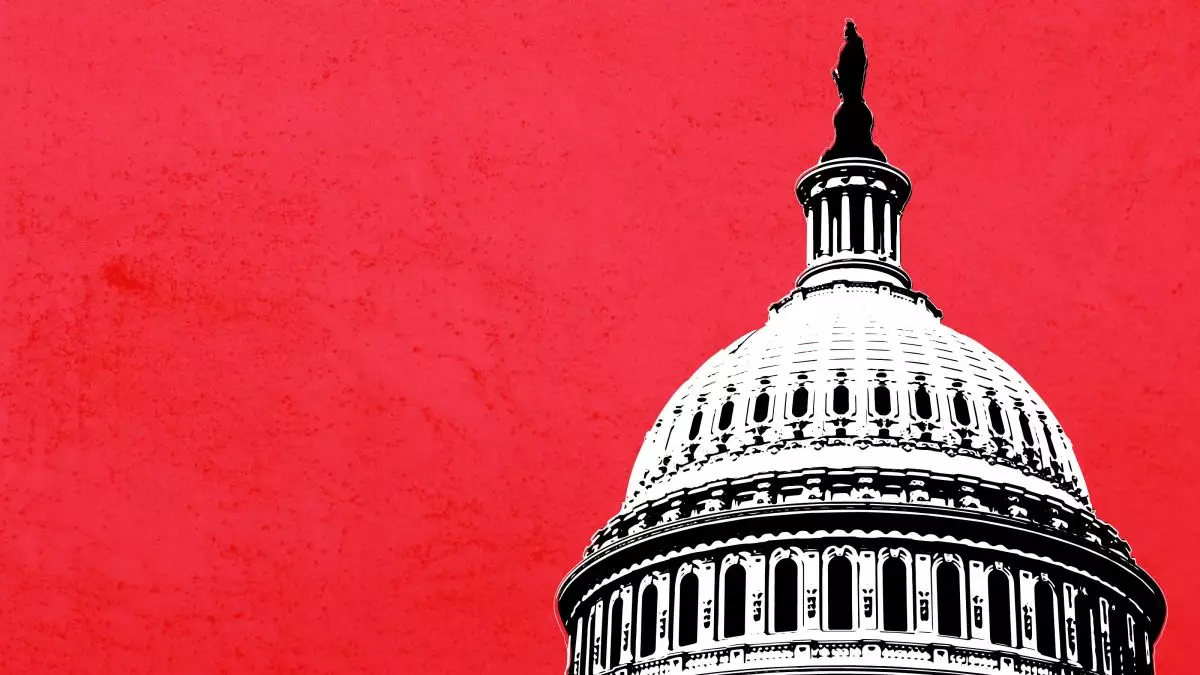The rapid advancement of artificial intelligence (AI) poses significant challenges and opportunities, captivating both the public and policymakers alike. In the United States, the burgeoning risks associated with AI systems have prompted the establishment of dedicated governmental bodies. However, one of the only offices solely focused on AI safety, the U.S. AI Safety Institute (AISI), faces uncertainty regarding its future amidst political changes. Created in November 2023 under President Biden’s AI Executive Order, the AISI has quickly emerged as a critical player in assessing and guiding safe AI development. Yet with potential threats to its existence looming, a proactive approach from Congress is essential.
The Role of the AISI and Current Threats
Operating under the National Institute of Standards and Technology (NIST), the AISI’s purpose is to research and formulate guidelines addressing the risks of AI technologies. Despite its strategic importance, the AISI’s continuity is precarious. Chris MacKenzie, a representative from Americans for Responsible Innovation, expressed concerns that a shift in presidential leadership could result in the office’s disbandment if Congress fails to officially authorize it. Specifically, existing political sentiments, particularly among conservatives, could lead to swift reversals in executive priorities and funding.
The AISI’s existence—and by extension, its mission—hinges on the support of Congress. Concerns that the office could be dissolved with the stroke of a pen serve as a wake-up call not only to lawmakers but also to stakeholders across AI sectors. As highlighted by MacKenzie, ensuring robust Congressional authorization can provide both stability and security, cementing the AISI’s role in the federal landscape.
Funding Constraints and Legislative Action
Currently, the AISI operates on a budget of approximately $10 million—a modest allocation considering the vast investment being poured into AI research by private corporations, especially in tech hubs like Silicon Valley. MacKenzie underscored the importance of formal authorization for the AISI, noting that entities recognized by Congress often attract more substantial, stable funding. Bipartisan support for establishing a legislative framework to secure the AISI’s future signifies the growing recognition of the office’s importance.
A recent letter from over 60 organizations—including notable companies and academic institutions—urges Congress to enact legislation before the year’s end to codify the AISI. Given that the AISI has already formed partnerships with industry leaders like OpenAI and Anthropic, the collaborative groundwork is in place for it to become a cornerstone of AI safety standards. Such coalitions emphasize the need for a shared understanding of safe AI practices, revealing a consensus that spans sectors.
Despite these advancements, the road to a secure future for the AISI is not without its obstacles. Opposition from certain political groups, highlighted by conservative figures such as Sen. Ted Cruz (R-Texas), threatens to undermine potential progress. Cruz’s advocacy for minimizing diversity initiatives within the AISI’s framework reflects broader ideological disputes that could derail the authorization process.
Moreover, the institute has been critiqued for its relatively limited authority, as its guidelines and recommendations remain voluntary. This raises questions about the effectiveness of the AISI in enforcing safety standards in a rapidly changing technological landscape. Nevertheless, tech corporations, think tanks, and influential coalitions reiterate the AISI’s promise as a precursor to solid, enforceable AI benchmarks needed for steering future policy.
The urgency for Congressional action extends beyond domestic concerns. There is a palpable fear that failure to support the AISI could result in the U.S. losing its competitive edge in the global AI race. Recent international discussions have led to collaborative agreements, forming a network of AI Safety Institutes across various nations including the U.K., Canada, France, South Korea, and others. These coalitions highlight the growing global prioritization of AI safety—a wake-up call for U.S. lawmakers.
Jason Oxman, the CEO of the Information Technology Industry Council, made a compelling argument for permanent legislative authorization of the AISI, framing it as a necessity for maintaining U.S. leadership in AI innovation and adoption. In a landscape where many countries are quickly establishing frameworks for safe AI deployment, the message for U.S. Congress is clear: decisive action is imperative to ensure America remains at the forefront of AI advancements.
As the world confronts the unfolding realities of AI technology, the establishment of safety protocols and initiatives cannot be sidelined. The AISI stands as a symbol of proactive governance in addressing AI-related risks—yet its future hangs in the balance. Congress must act swiftly to authorize and fund this vital organization, ensuring America’s leadership role in shaping a safe and responsible AI revolution. A united front from lawmakers, industry experts, and research organizations can help navigate the complexities of AI safety and secure a brighter technological future for all.

